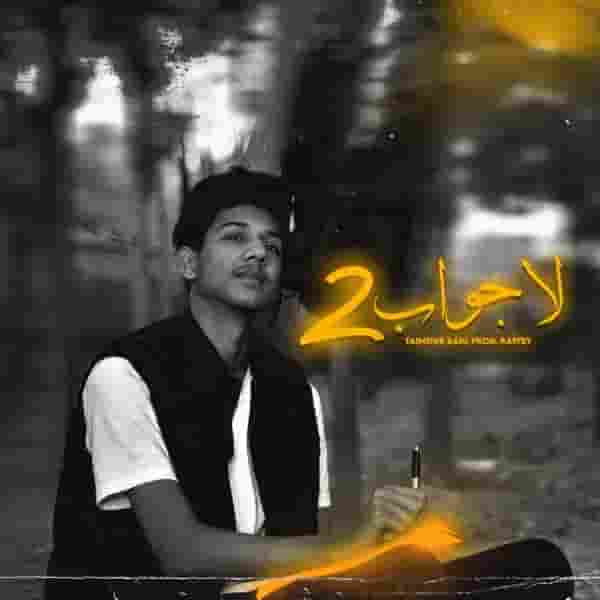Lajawab 2 Lyrics
Lajawab 2 is an Urdu song by Taimour Baig. This song expresses deep emotions of love, heartbreak, and regret. It tells the story of a lost relationship and the pain that remains after a breakup. The lyrics blend nostalgia, bitterness, and introspection, as the speaker reflects on their past love and the impact it has had on them.
The song starts with the speaker acknowledging that they no longer write poetry, and their partner no longer reads the romantic verses they used to share. Love, for them, has become a prison where both are serving a life sentence. Despite this, the speaker emphasizes that they never lied to their partner, although they are no longer in the mood to answer questions about the relationship.
The lyrics then describe how leaving someone is an art in itself, but in this case, it was the partner’s responsibility to end things. The speaker doesn’t regret being left behind; instead, they regret that the partner was happy after the breakup. The contrast of emotions is evident as the speaker recalls how they used to be devoted to their partner, even staying still wherever their partner would ask. Yet, the partner never fully reciprocated that level of dedication.
The song goes on to discuss how the speaker’s love has left scars, both emotional and physical. The partner has moved on, and the speaker ironically congratulates them for finding love elsewhere. The speaker suggests that love is something rare and precious, meant only for the fortunate, implying that their partner doesn’t truly understand its value.
The pain runs deep within the speaker, flowing through them like a wound that never heals. They live close to the same place where their partner does, enduring the agony silently. The speaker turns to music to express their pain, using songs to reveal the emotions they cannot share openly.
The lyrics also talk about how life has been a series of sorrows, and the speaker has learned to endure them all. They admit that they have tried to save their love by writing songs, but their efforts seem futile as the partner remains indifferent and unaware of their feelings.
The song takes a melancholic turn as the speaker reflects on how the partner has moved on. Despite the deep connection they once shared, the partner now belongs to someone else. The speaker sees their life as a constant search for the partner, but realizes that the partner is searching for something else entirely.
There are flashbacks to tender moments, such as the time the partner cried over a minor injury the speaker had in school, and how they once cared deeply. These memories highlight the contrast between the past affection and the present indifference.
The speaker also expresses frustration at how their partner grew to hate them and distanced themselves. They mention trying to save the relationship through music, but it only led to more distance. The speaker even admits that they used to deliberately hurt themselves just to get attention from their partner, indicating how desperate and broken they had become.
The song concludes with the speaker reminiscing about the happiness they once had when they were together. The speaker wishes the partner well on their birthday, reflecting on how many new friends the partner now has. Despite the pain, the speaker admits that they still cherish the memories and, for just one day, they’ll let those memories come back as a way of honoring the relationship that once was.
The song ends on a bittersweet note, where the speaker wishes their former partner a happy birthday, acknowledging that even though they’re apart, the memories and emotions are still very much alive within them. Taimour Baig’s Lajawab 2 lyrics are given below.

